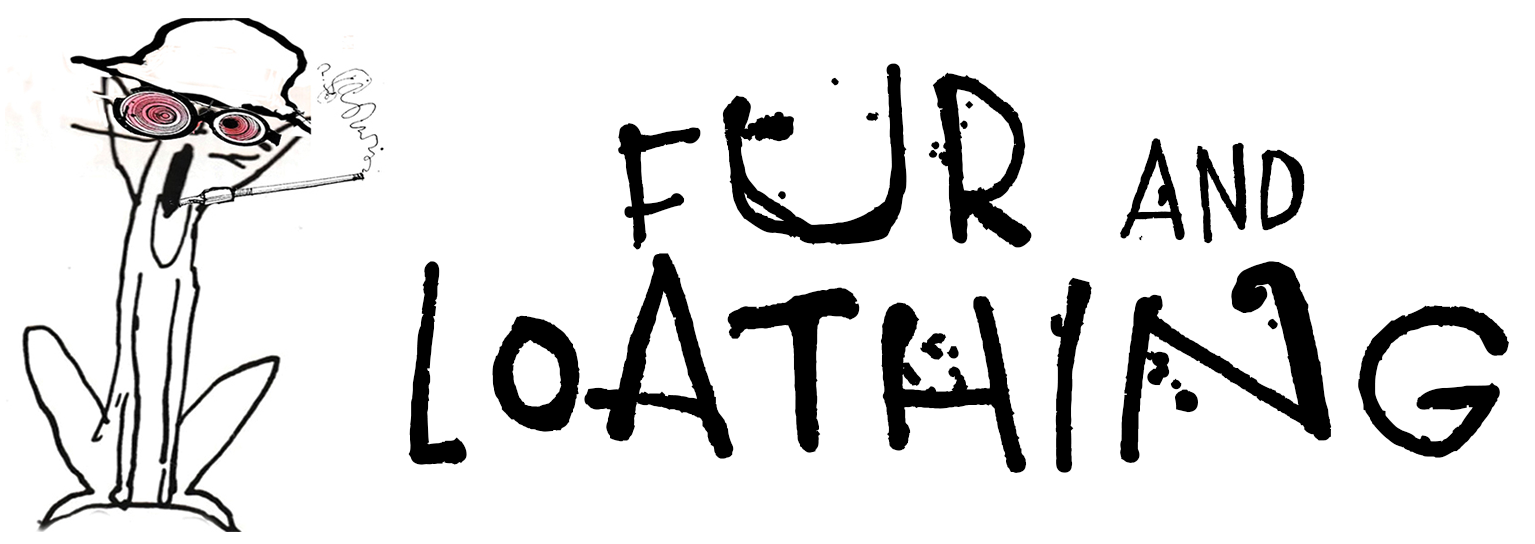The Narcissist’s Gospel
You can spot it if you know what to look for: the glossy certainty, the self-martyrdom, the refusal to acknowledge even the possibility of guilt. It’s not just denial — it’s dogma. In the gospel of the narcissist, they are the chosen ones, the misunderstood saints. And all of us are the disbelievers.
Diane Downs never confessed. Not even when the evidence stacked against her like sandbags before a flood. She was shot in the forearm — she made sure of that — so that she could play the survivor. She talked endlessly about the “man who flagged her down” on that rural Oregon road. He didn’t exist, of course, but he was useful.
He gave her a role: the hero mom who’d fought for her kids and lost one in the struggle.
But Diane couldn’t stick to the script. She changed details. Added flourishes. Smiled at the wrong moments. Narcissists are often poor liars — not because they’re not clever, but because they don’t believe they need to lie. Their truth is the only one that matters.
She said she was protecting her children. She said she loved them. But she loved the fantasy of being the kind of woman no man could resist: single, unencumbered, dangerous. Her daughter, Christie, survived a bullet to the chest and testified against her. That didn’t matter to Diane. In her gospel, even her child’s truth was a betrayal.
Lori Vallow Daybell’s version was more cosmic. Diane’s lies were romantic; Lori’s were apocalyptic.
Lori believed — or claimed to believe — that she was a “light being.” That her children had become “zombies.” That she was chosen to help usher in the Second Coming. It’s tempting to write it all off as delusion, as cult psychosis. But even in her wildest doctrine, Lori remained at the center of the story. The sun in her own solar system.
She wasn’t just listening to Chad Daybell’s sermons. She was building a religion around herself.
She had rankings for souls, elaborate scales of worthiness, and a cast of enemies that conveniently included her children, her ex-husbands, and anyone who dared to question her. In her world, disobedience was evil — and evil could be eliminated.
Narcissists don’t need applause. They need worship. And both women found ways to get it, at least for a while. Diane basked in media coverage. She gave interviews with a toothy smile and a practiced tilt of the head. Lori swanned through jail appearances with a look of beatific calm, as though awaiting canonization rather than sentencing.
Neither showed a flicker of self-doubt.
And this is where we must be most careful. Because narcissists like Diane and Lori are not uncommon. Most never kill.
But when narcissism is paired with delusion, entitlement, and an absolute lack of empathy, it becomes something far more dangerous – it becomes a gospel written in blood.
Their faith was never in God or justice. It was in themselves. And in that faith, there was no room for children, no room for mercy — only room for the radiant glow of their own imagined glory.
